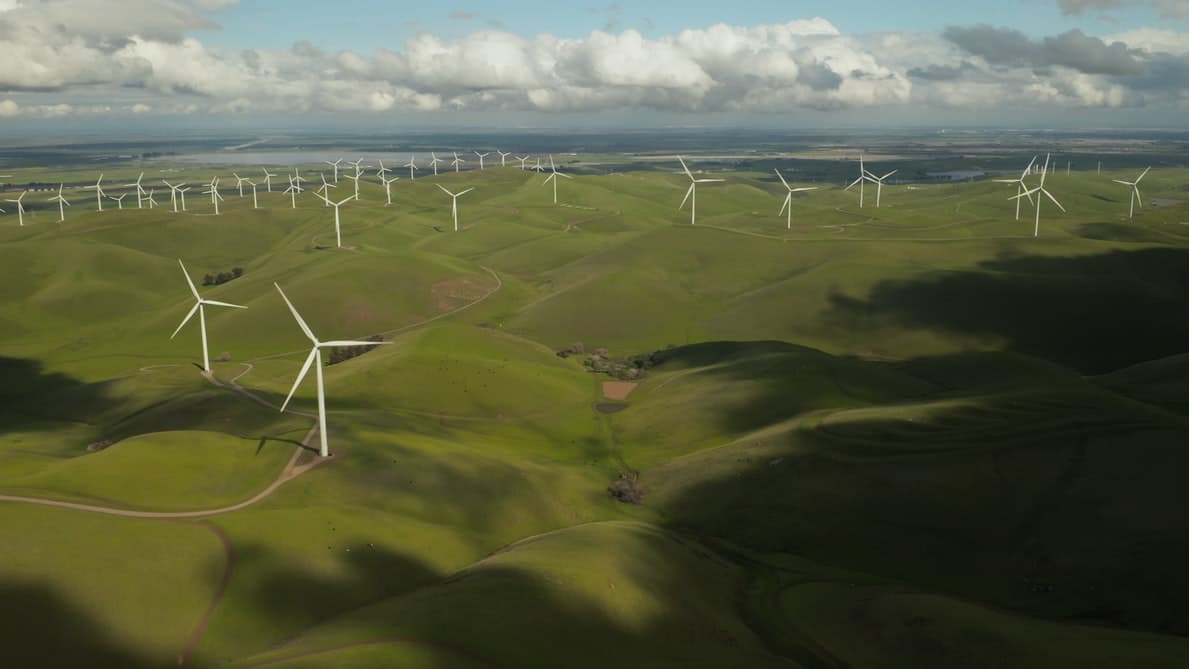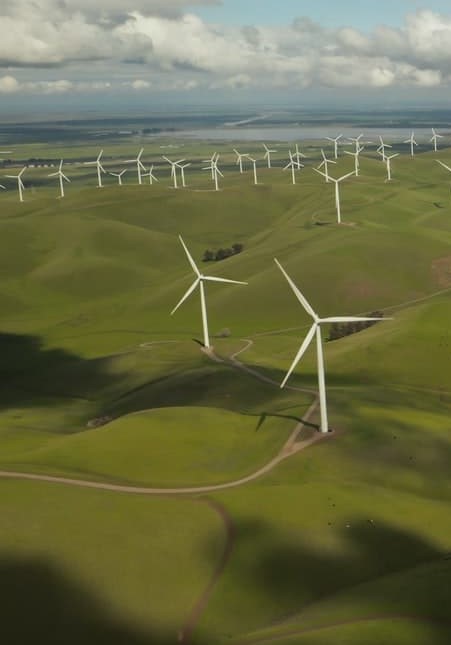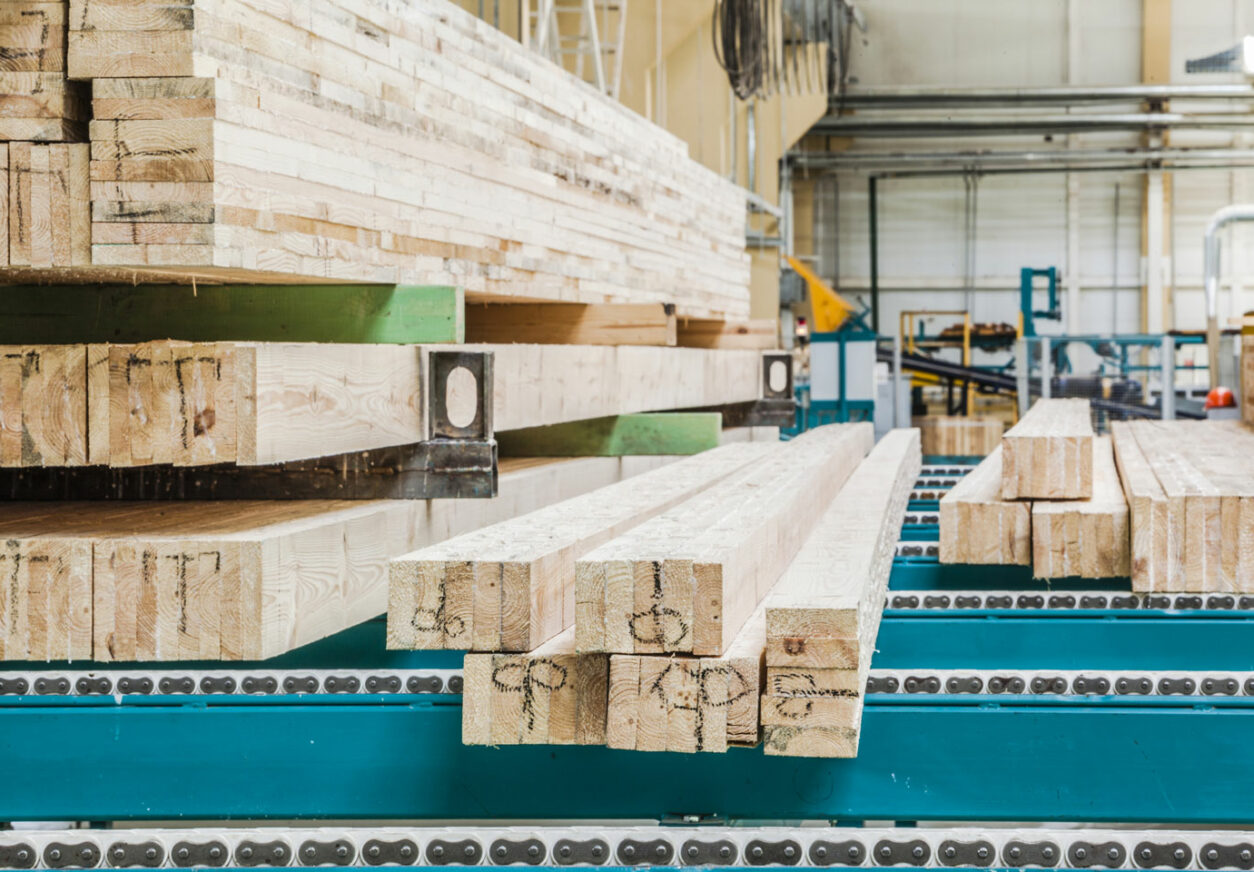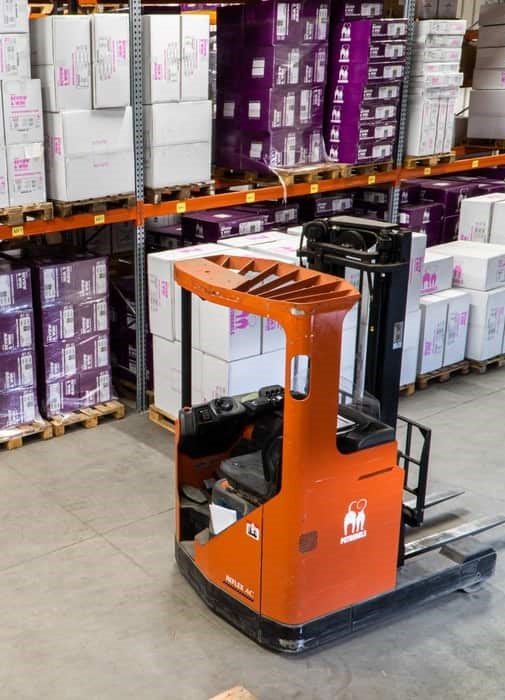Considered by the majority of public opinion as incompatible and antinomic, logistics and the environment seem to be at the antipodes of a symbiosis.
Indeed, the 1000-fold increase in trade over the last century and a half has meant a lot of travel with a significant carbon footprint, which hardly seems to be an environmental benefit.
However, in a world where we can no longer do without logistics, it is possible for companies to be more respectful of the environment and this can be achieved through the use of Robin.Iot.
Energy consumption in industry
In industry, the energy consumption of production and manufacturing machines represents a large part of the total consumption and seems difficult to reduce in a logic of continuous production.
However, it is possible to reduce the energy consumption of moving machines such as fenwicks, trolleys or others and thus reduce the total consumption of the site.
Thanks to our geolocation badge and predictive logistics algorithms, we reduce the margin of error when searching for and dispatching goods and eliminate additional trips. This reduces energy consumption and CO2 emissions.
What is the energy consumption of geolocation?
Also within the factory, the energy consumption of location-based tools can vary greatly. As well as being the most accurate technology available today, Ultra Wide Band (UWB) uses short duration transmissions, unlike WiFi or Bluetooth.
This means that the frequency at which the waves are transmitted can be adjusted to transmit only when needed, not continuously.
As a result, our beacons consume less energy and use smaller batteries with a life span of 10 years. This means that fewer batteries are used, so fewer batteries are thrown away or sent to a highly polluting recycling cycle.
Logistics and supply chain – a consumer challenge
Finally, outside the factory, our solution can act on all vehicle movements in the supply chain.
In this sense, our badge and our predictive logistics software act on the optimisation of lorry movements, avoiding detours and therefore polluting less.
Furthermore, the data obtained on the goods helps to avoid unjustified empty returns due to incorrect information on their condition after delivery (which increases the carbon footprint) as well as unexpected, costly and polluting changes of means of transport due to incorrect analysis of the condition (empty or full) or quantity of the goods concerned.
In this way, it is possible to optimise logistics and reduce energy consumption while at the same time being more environmentally friendly.








